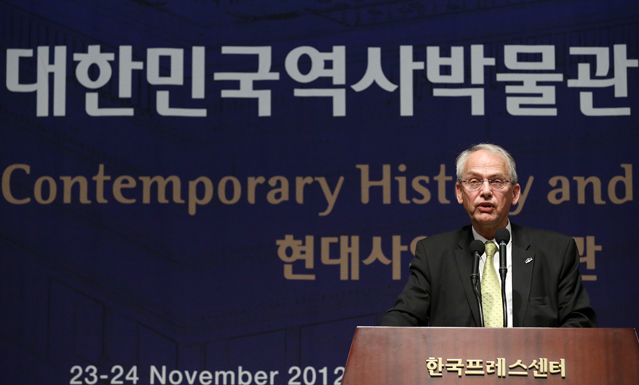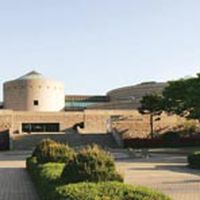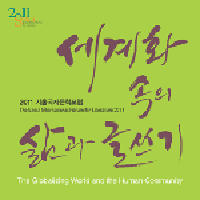National Museum of Korean Contemporary History offers reconciliation through dialogue

An international conference of museum professionals was held recently in Seoul to mark the opening of the new National Museum of Korean Contemporary History, a museum dedicated to reconciliation through dialogue.
Contemporary history is the study of recent events which are closely connected to the present day. Since the people involved in those events are still alive and their view of history is very subjective, it is often difficult to decide how to interpret contemporary history. This is why it is difficult to reach a consensus on how contemporary history is viewed and explained to future generations.
Museum professionals from around the world who attended a recent international symposium in Seoul said the readiness to accommodate varying, multiple, and sometimes conflicting interpretations and willingness to discuss and acknowledge even shameful past events are key elements for establishing a museum of contemporary history.
"It is imperative that the museum seeks out and provides access to varying interpretations of the events in contemporary history shaping the national narrative," said Alissandra Cummins, chairperson of the Executive Board of UNESCO, in a keynote speech at the symposium to mark the scheduled opening of the National Museum of Korean Contemporary History.
Read the full article to learn more about the role of museums of contemporary history around the world.
IMAGE: Hans-Martin Hinz of the International Council of Museums gives an opening speech at the symposium in central Seoul (photo: KOCIS).
Similar content
posted on
25 Feb 2013
15 May 2015 - 15 May 2015
posted on
14 Jun 2011
05 Dec 2014 - 05 Dec 2014
from - to
24 May 2011 - 26 May 2011
from - to
14 Oct 2017 - 19 Oct 2017



